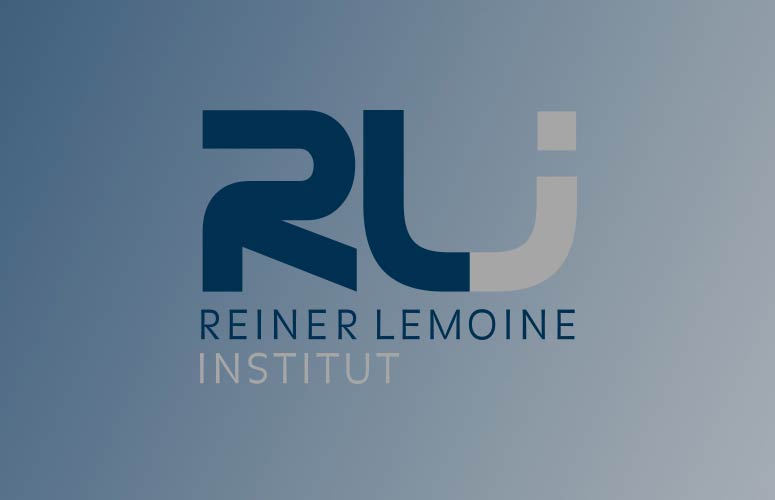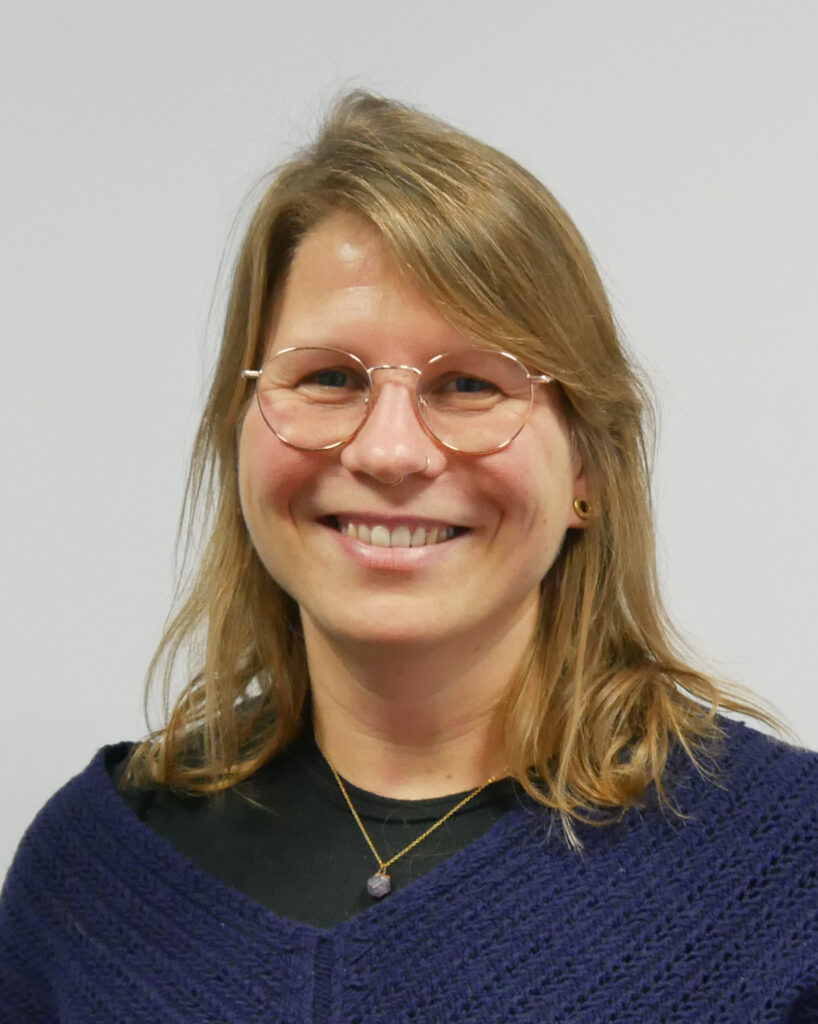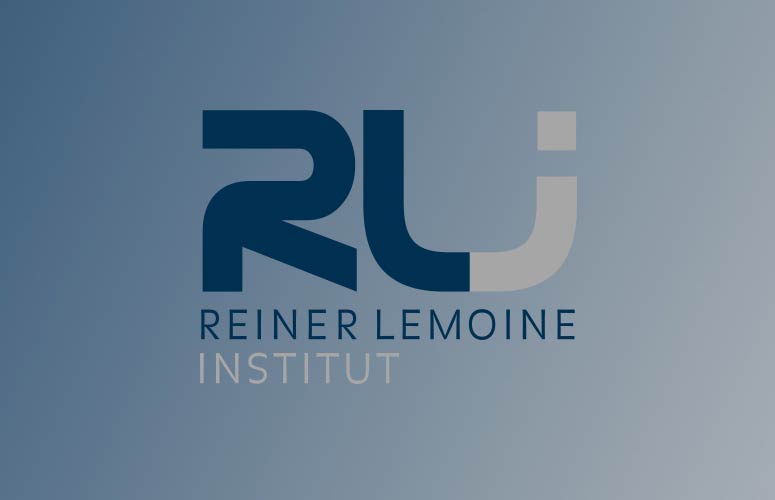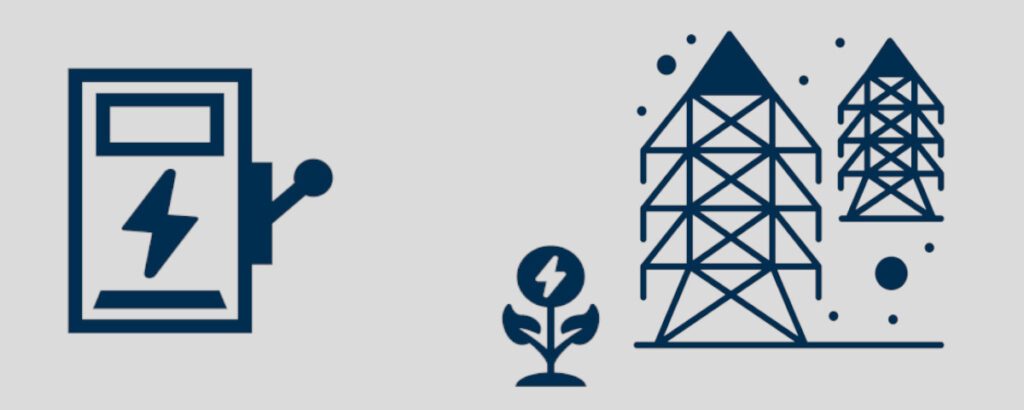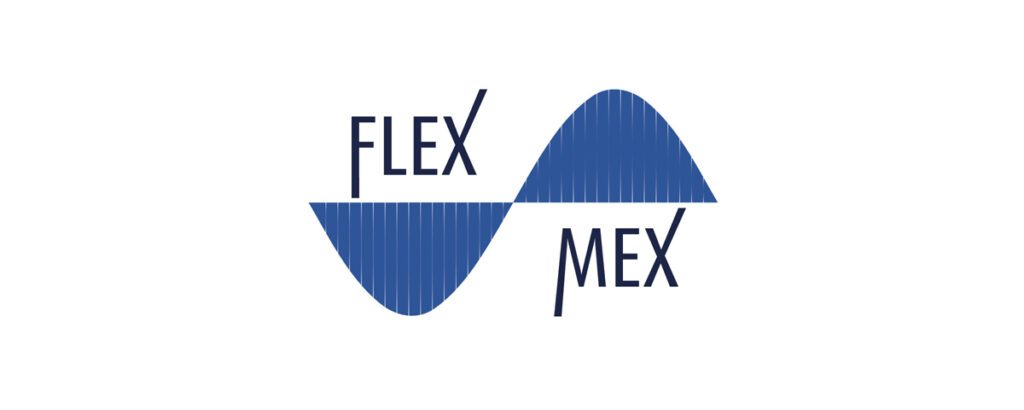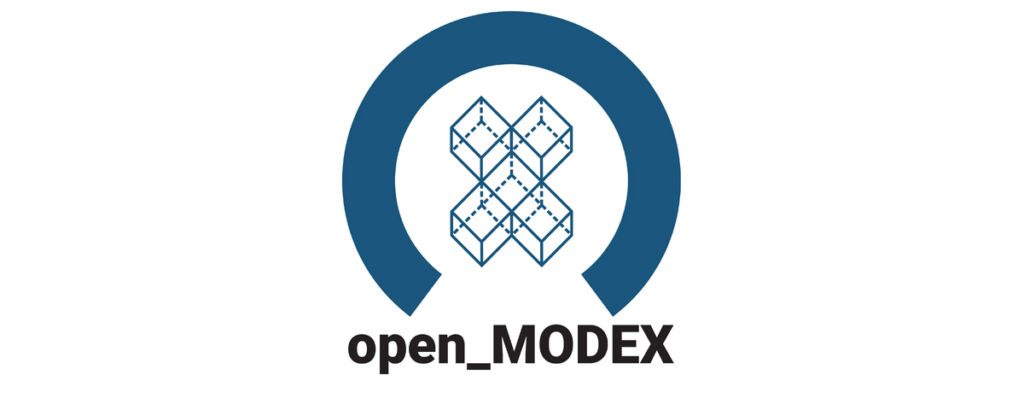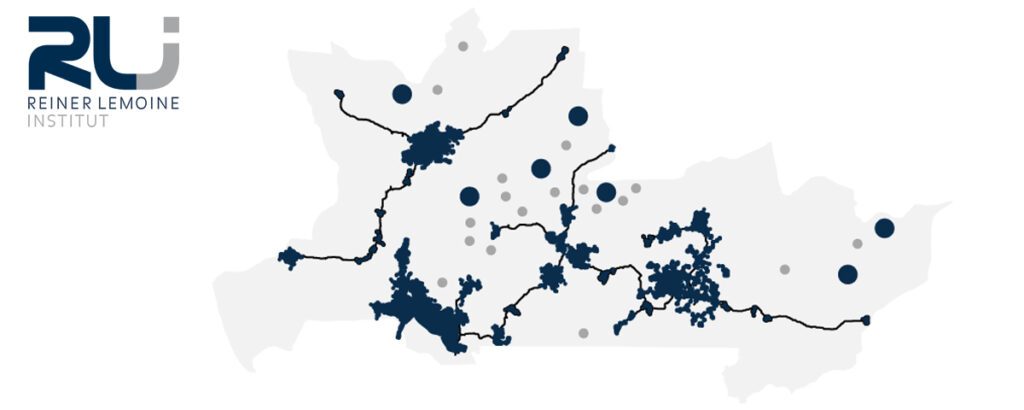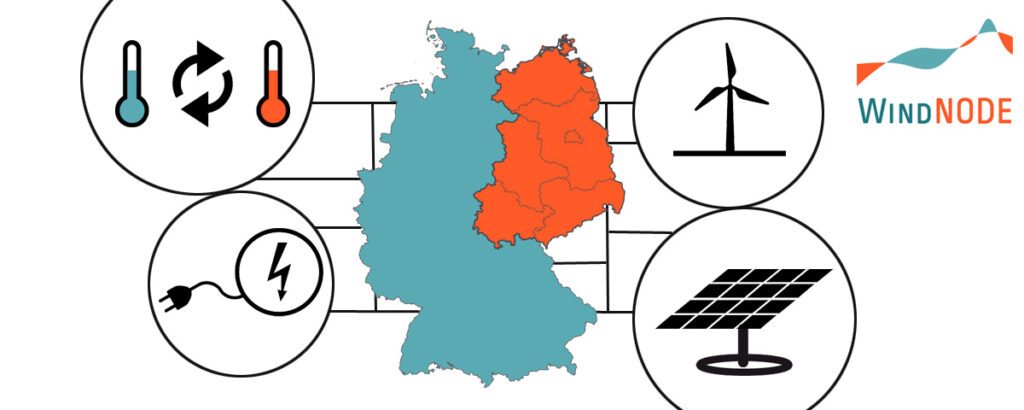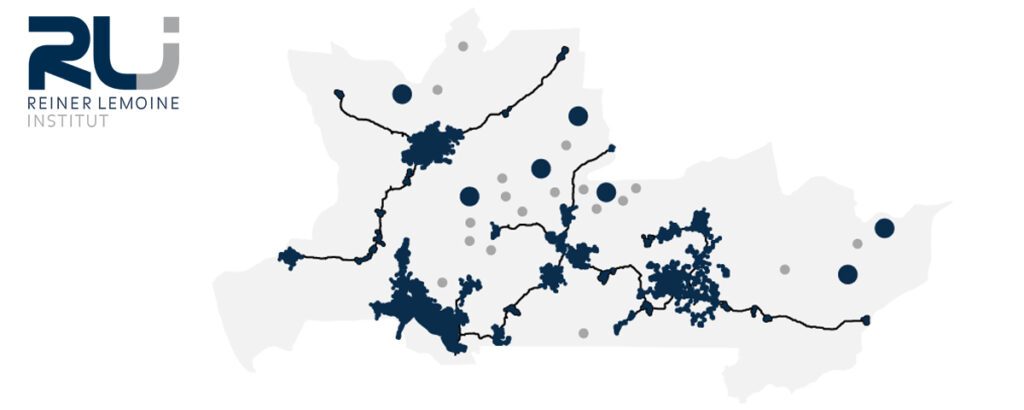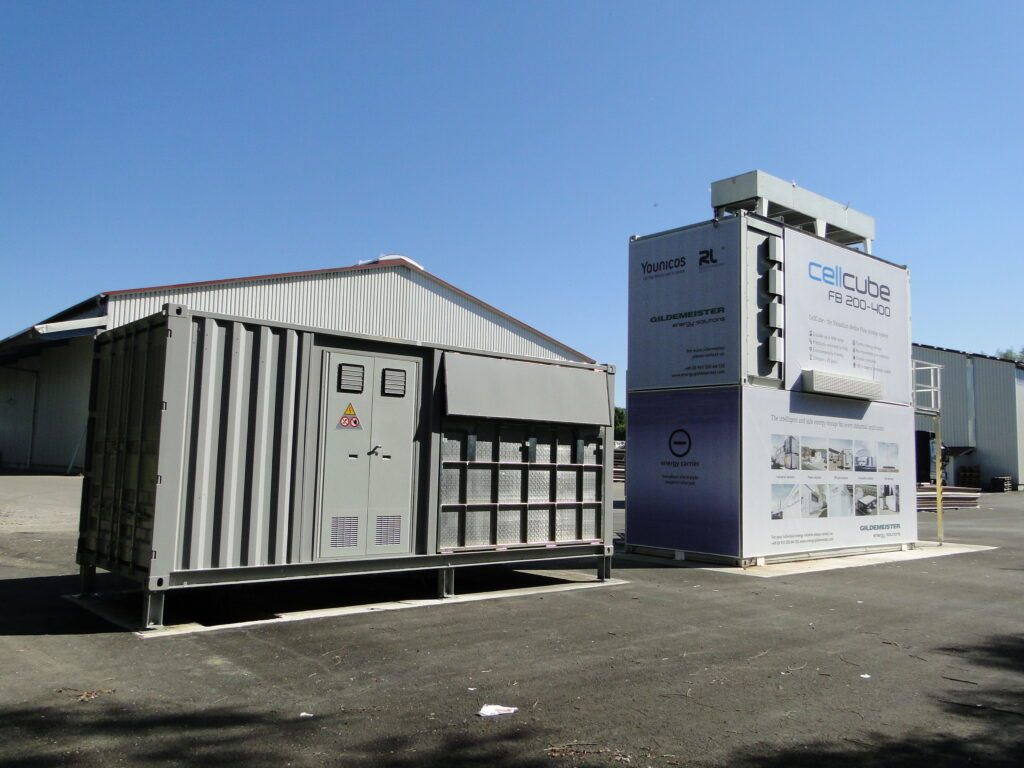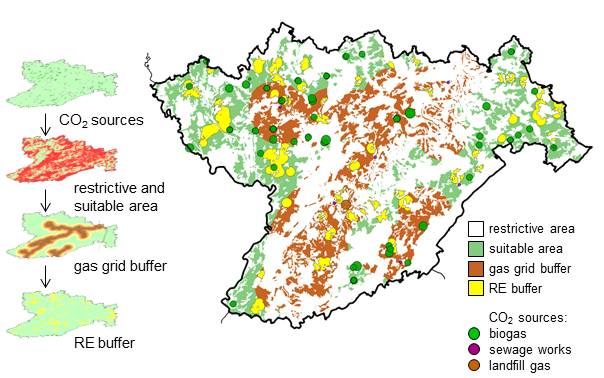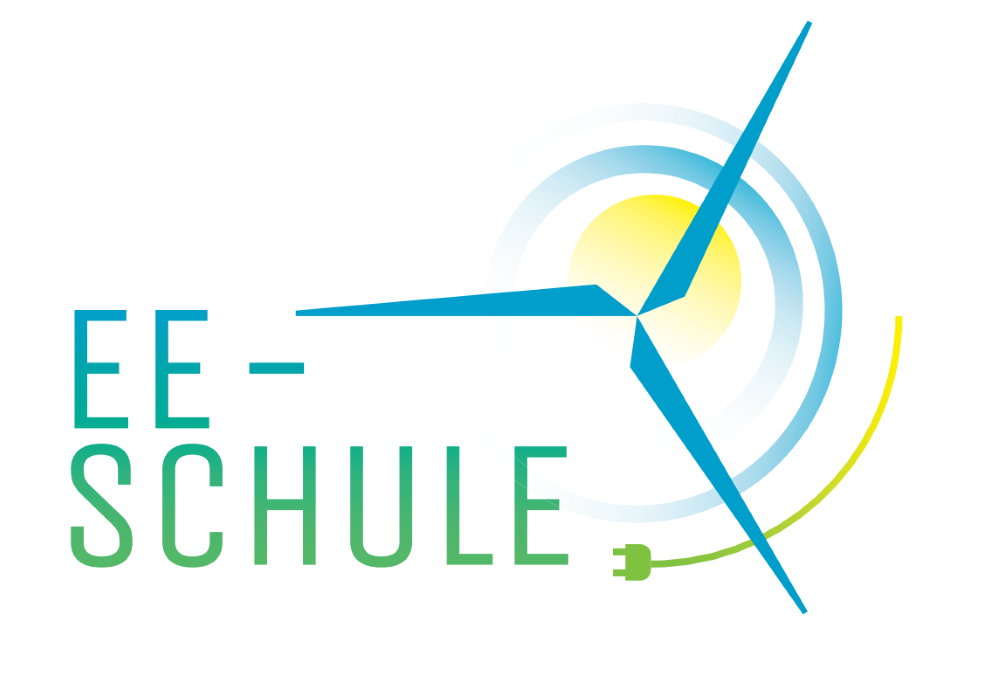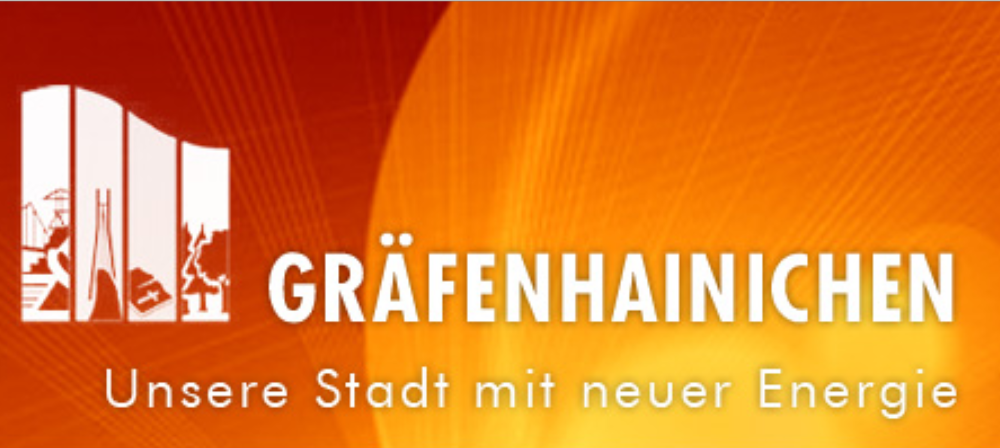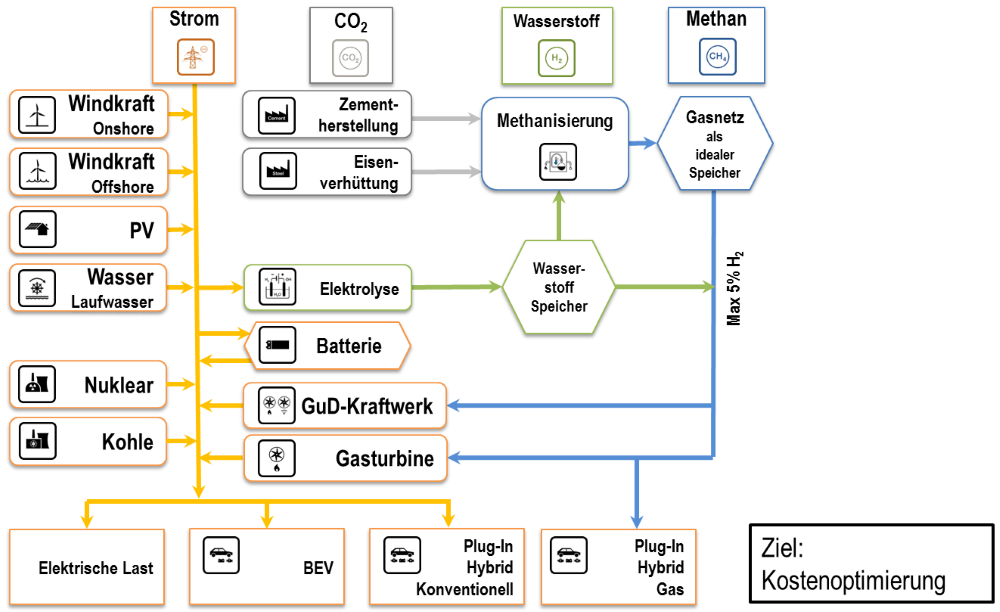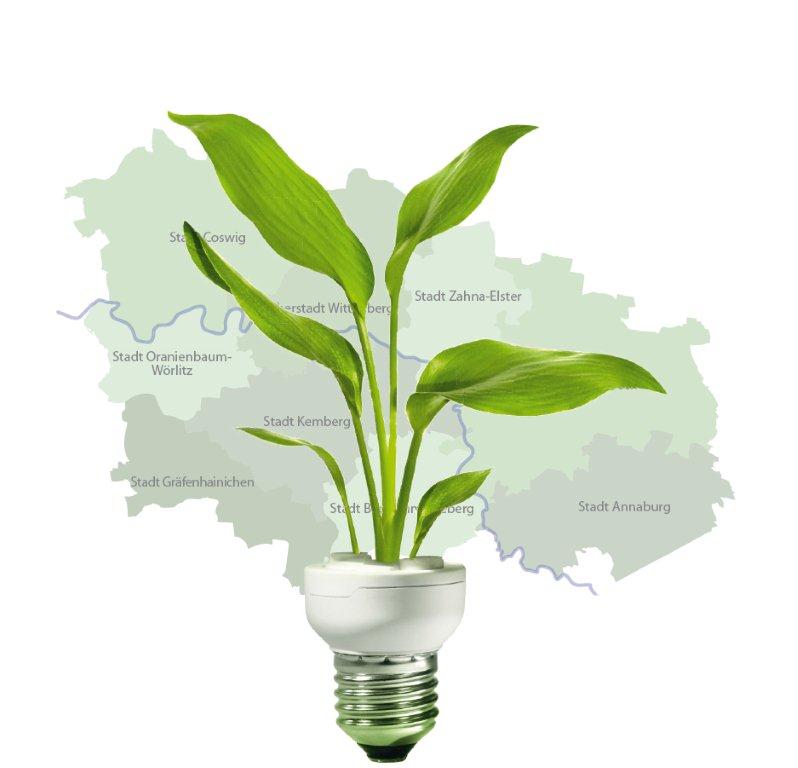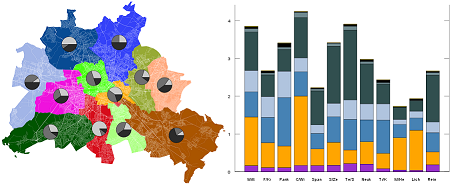
Transformation of Energy Systems
In the research unit Transformation of Energy Systems, we develop, investigate, and optimize future scenarios for a sustainable energy supply.
We consider a diverse range of regional, national, and international demand and generation scenarios and use real load and weather data to determine economically and ecologically optimal generation structures. In addition to conventional heating and power plants, renewable energy plants, and environmental heat, we also include storage and sector coupling technologies such as electrolysis, methanization, pump storage, and various battery storage technologies in our calculations.
At RLI, we use various modeling approaches to map energy systems – it is particularly important to us that these are scientifically recognized, transparent, and, wherever possible, open source. Especially in the field of open science and open data, the unit is very active in the European energy system modeling community and is one of the leading institutions.
The consideration of socio-economic aspects is another central point in the applied research of RLI. In order to promote regional developments through decentralized energy generation, the involvement of local actors and the development of regional business models is an important component in many of the Unit’s research projects.
Contact
Tools
Simply
The Simply tool helps simulate decentralized market participants who bring their local flexibilities to the market through specific bidding strategies.
Windpowerlib
The tool assists in generating feed-in time series for individual wind turbines and wind farms based on weather data, which is essential for energy system modeling.
SMOOTH-MOEA
The was developed by RLI scientists to model and optimize energy systems.
oemof-B3
The tool is an energy system model for the regions of Berlin and Brandenburg and comprises the sectors electricity, centralized and decentralized heat, hydrogen, CO2 and methane.
eGon-data
The tool generates a temporally and spatially high-resolution data basis of a sector-coupled energy system for various future scenarios.
eGo
The tool aims to optimize the expansion of power grids and storage systems across all voltage levels in Germany, considering the integration of the heat, mobility, and gas sectors.
eDisGo
The tool eDisGo helps to study the need for grid expansion in medium- and low-voltage networks and to evaluate electrical flexibilities as an alternative to grid expansion
Example projects

WP-Flex: Analysis of the grid effects of increased flexibility of heat pumps through higher output and heat storage capacity
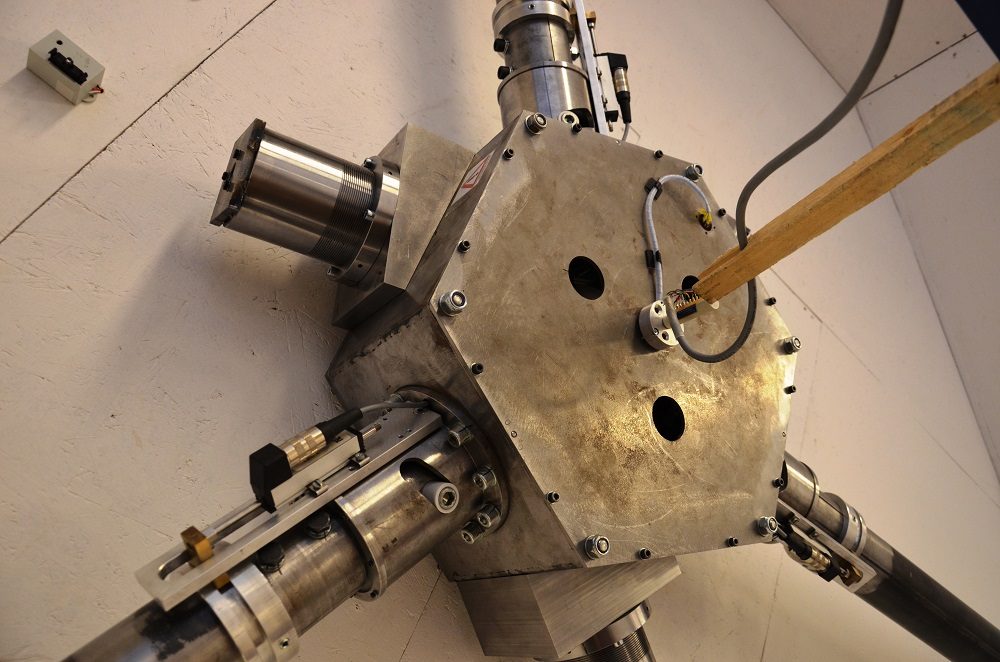
Development and assembly of the Hardwar-in-the-Loop testbench PHilto examine mechanical pitch-systems for Small Wind Turbines
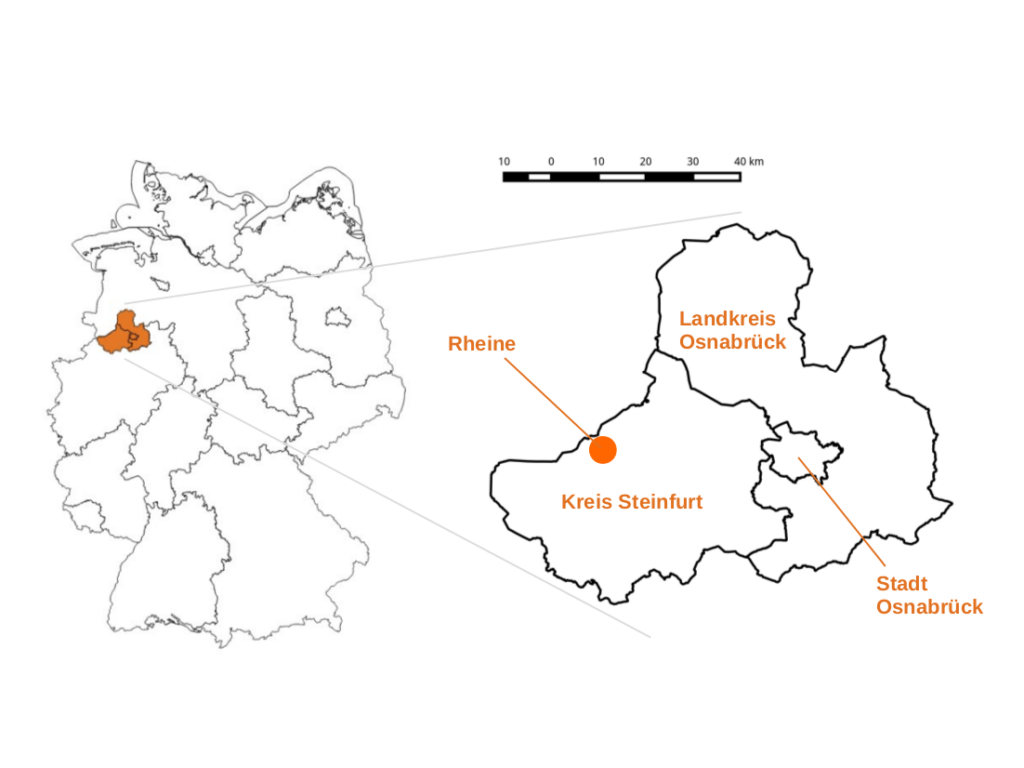
Storage demand and system costs of energy supply for energy self-sufficient regions and energetic quarters
